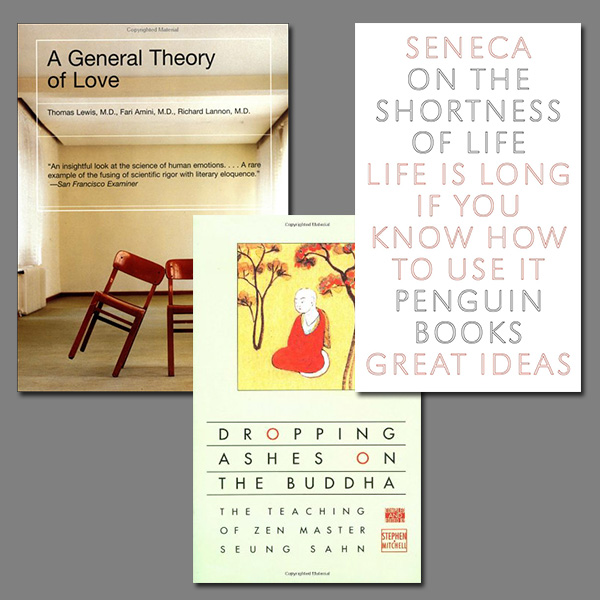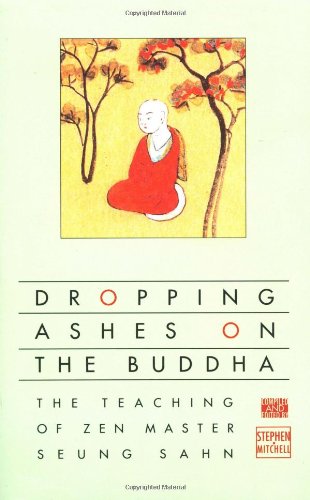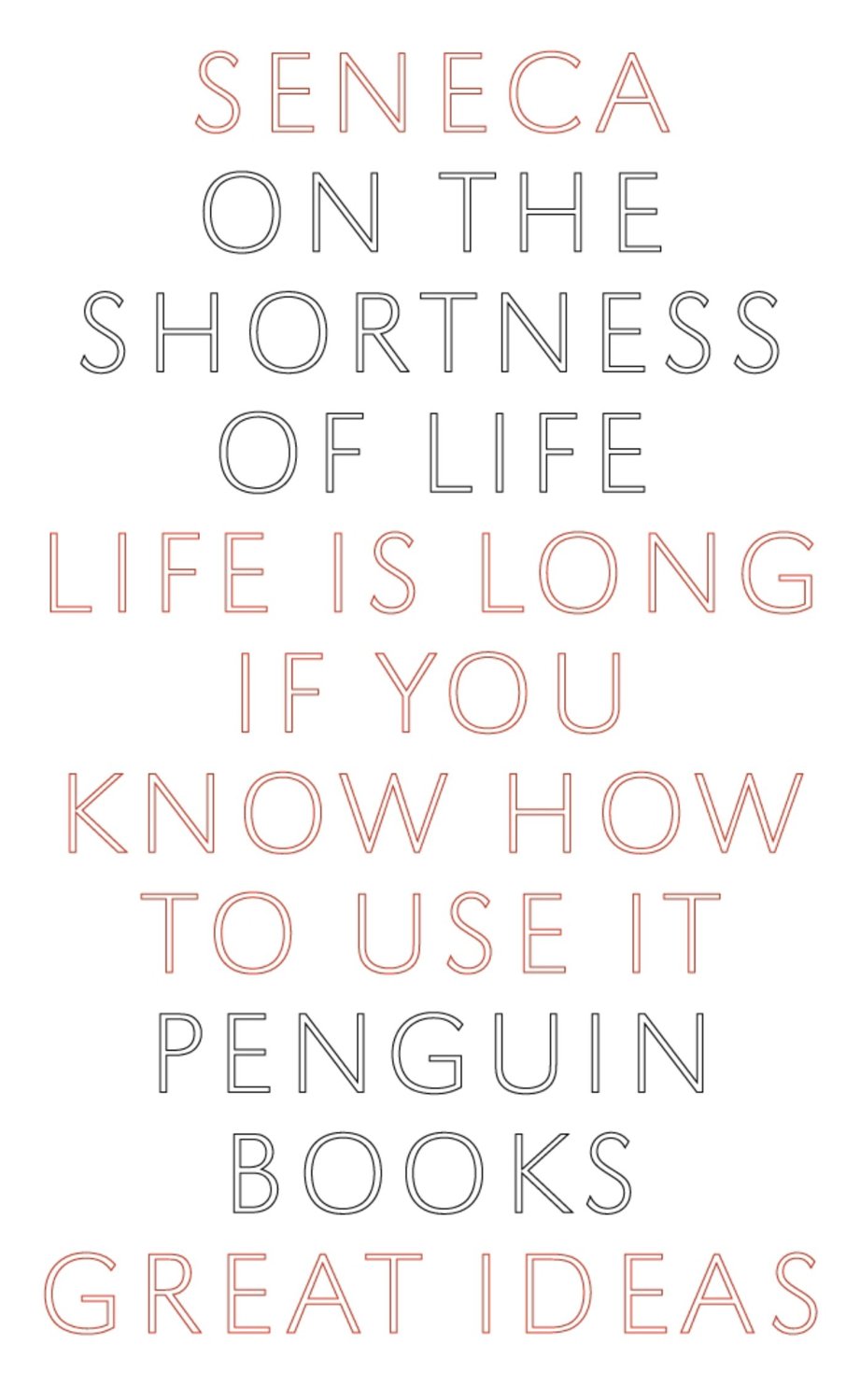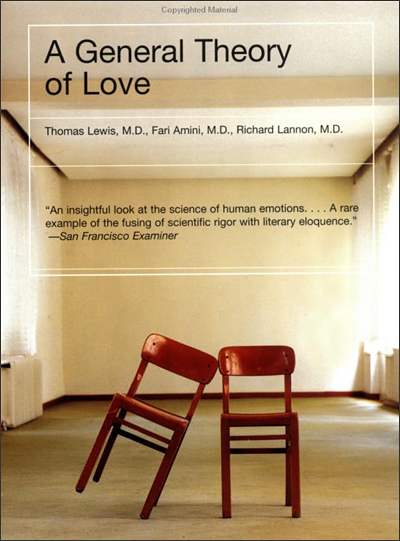I’m still having trouble reading a book per week with other work going on, but I enjoyed these three this month. As always, post a comment below if you have any good book recommendations! Click here to see the past months and subscribe at the bottom if you want to get emailed this stuff!
I heard about Dropping Ashes On the Buddha from a podcast interview, I think with Casey Neistat recommended this one. It’s the kind of book you don’t have to read all the way through, but could pick up periodically. The chapters are incredibly short and are all separate stories and teaching from a Zen master, Seung Sahn, who attained enlightenment at age 22. And in the practice of bodhisattva he teaches Zen.
I never knew there was so much hitting in Zen, every other teaching has someone getting hit with a stick, and a couple stories said it brought people to enlightenment! There are so many good one teachings in the book, although it can get a bit abstract and repetitive for someone new to Zen Buddhism, there are a lot of parallels and applications for floating.
If you want to understand the truth, you must let go of your situation, your condition, and all your opinions. Then your mind will be before thinking. “Before thinking” is clear mind. Clear mind has no inside and no outside. It is just like this. “Just like this” is the truth.
Zen mind is children’s mind. Children have no past or future, they are always living in the truth, which is just like this. When they are hungry, they eat; when they are tired, they rest. Children understand everything.
Clear mind is like the full moon in the sky. Sometimes clouds come and cover it, but the moon is always behind them. Clouds go away, then the moon shines brightly. So don’t worry about clear mind: it is always there. When thinking comes, behind it is clear mind. When thinking goes, there is only clear mind. Thinking comes and goes, comes and goes. You must not be attached to the coming or the going.
Ko Bong said, “If a man kills his desire to search, he will surely find what he is searching for.”
I love this book! It is short and sweet and will be one I reread probably once a year. I highly recommend it and will let the quotes speak for themselves. If you read this and like it, check out other stoic authors like Epictetus. If I had to leave behind books for humanity to rebuild after an apocalypse it’d be books from the stoics!
It is not that we have a short time to live, but that we waste a lot of it. Life is long if you know how to use it.
Putting things off is the biggest waste of life: it snatches away each day as it comes, and denies us the present by promising the future. The greatest obstacle to living is expectancy, which hangs upon tomorrow and loses today. You are arranging what lies in Fortune’s control, and abandoning what lies in yours. What are you looking at? To what goal are you straining? The whole future lies in uncertainty: live immediately.
But the grief that has been conquered by reason is calmed for ever. I am not therefore going to prescribe for you those remedies which I know many people have used, that divert or cheer yourself by a long or pleasant journey abroad . . . But I would rather end it than distract it. And so I am leading you to that resource which must be the refuge of all who are flying from Fortune, liberal studies. They will heal your wound, they will withdraw all your melancholy. Even if you had never been familiar with them you would have need of them now.
People are frugal in guarding their personal property; but as soon as it comes to squandering time they are most wasteful of the one thing in which it is right to be stingy.
Of all people only those are at leisure who make time for philosophy, only those are really alive. For the not only keep a good watchin over their own lifetimes, but they annex every age to theirs. All the years that have passed before them are added to their own.
So you have to get used to your circumstances, complain about them as little as possible, and grasp whatever advantage they have to offer: no condition is so bitter that a stable mind cannot find some consolation in it.
There is a big difference between living simply and living carelessly.
He who fears death will never do anything worthy of a living man.
I honestly had to take a break from this book. I was expecting a more clinical writing and this had unnecessary flowery language that got kind of annoying. But there was some good stuff in here that covered a range of topics about love beyond just romantic relationships.
The prevailing myth reaching most contemporary ears is this: relationships are 50-50. When one person does a nice thing for the other, he is entitled to an equally pleasing benefit – the sooner the better, under the terms of this erroneous dictum. The physiology of love is no barter. Love is simultaneous mutual regulation, wherein each person meets the needs of the other, because neither can provide his own. Such a relationship is not 50-50 – it’s 100-100. Each takes perpetual care of the other, and, within concurrent reciprocity, both thrive. For those who attain it, the benefits of deep attachment are powerful-regulated people feel whole, centered, alive.
Stability means finding people who regulate you well and staying near them.
Small wonder that Internet use in adults actually causes depression and loneliness. “We were surprised to find that what is a social technology has such anti-social consequences,” said that study’s author.
Of all humans who try cocaine, less than 1 percent become regular users-the other 99 walk away. As Malcolm Gladwell has argued, this staggering imbalance points to a problem not in the juices of coca leaves, but inside the brains of the tiny fraction who find its effect on their emotions irresistible. America expends billions to protect our borders against the influx of small packets of limbic anesthesia. Those sums might be better spent ensuring that our children harbor brains minimally responsive to such agents




